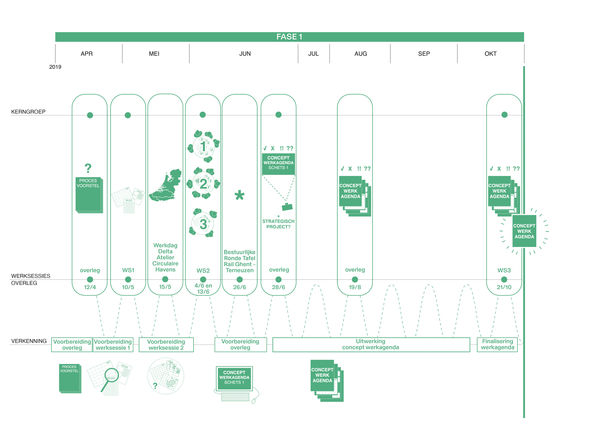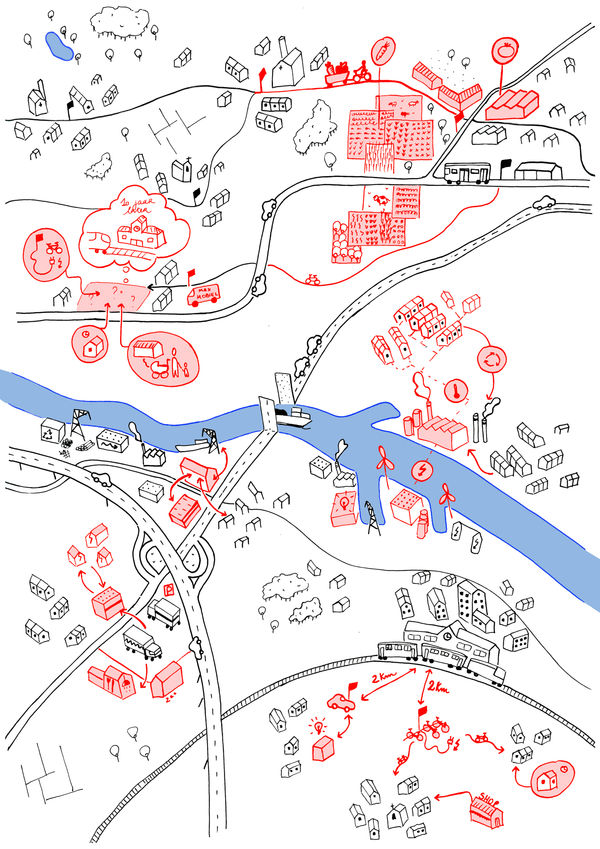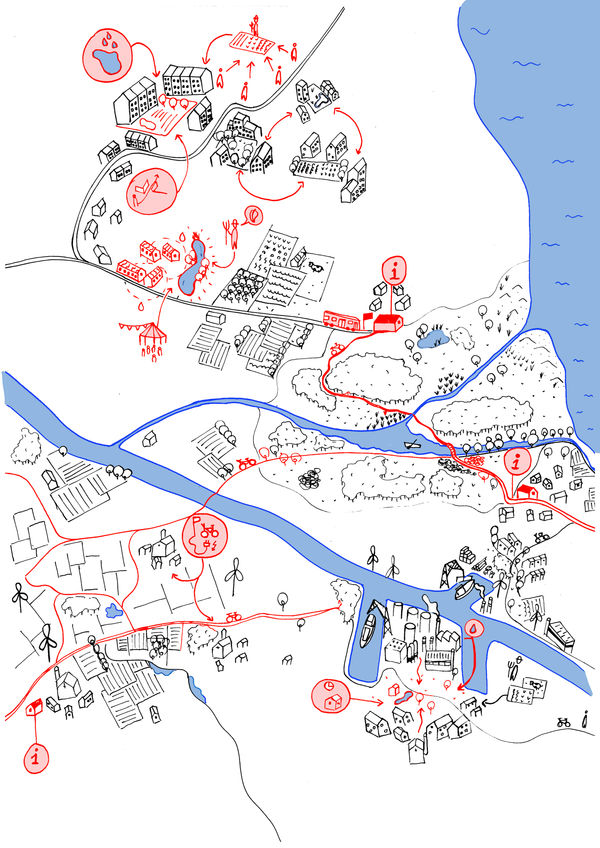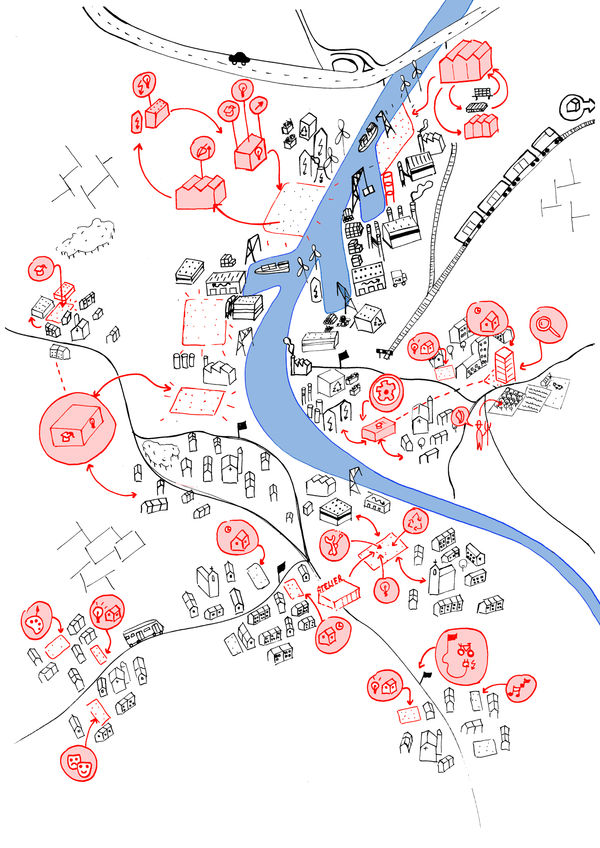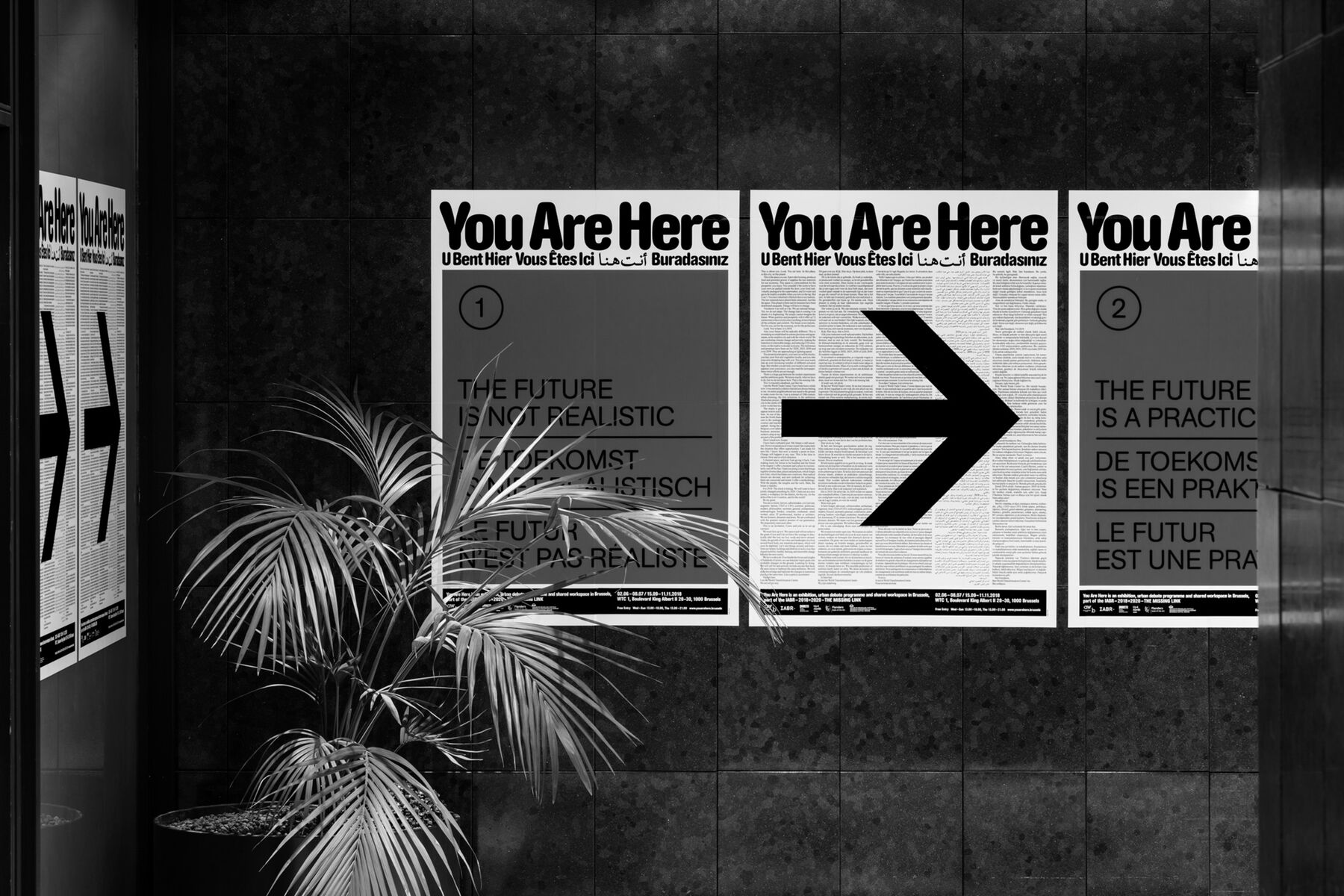The North Sea Port District is a cross-border project seeking collaboration in the broader area around North Sea Port, and examines how this collaboration could be shaped. As a result of the merger of Zeeland Seaports and the Port of Ghent to form North Sea Port, the aim is to jointly explore with the surrounding municipalities and provinces how strengths could be bundled, based on the will and the belief that the apparent incompatibility between the highly dynamic port and the low dynamics of residential and nature centres can be overcome.
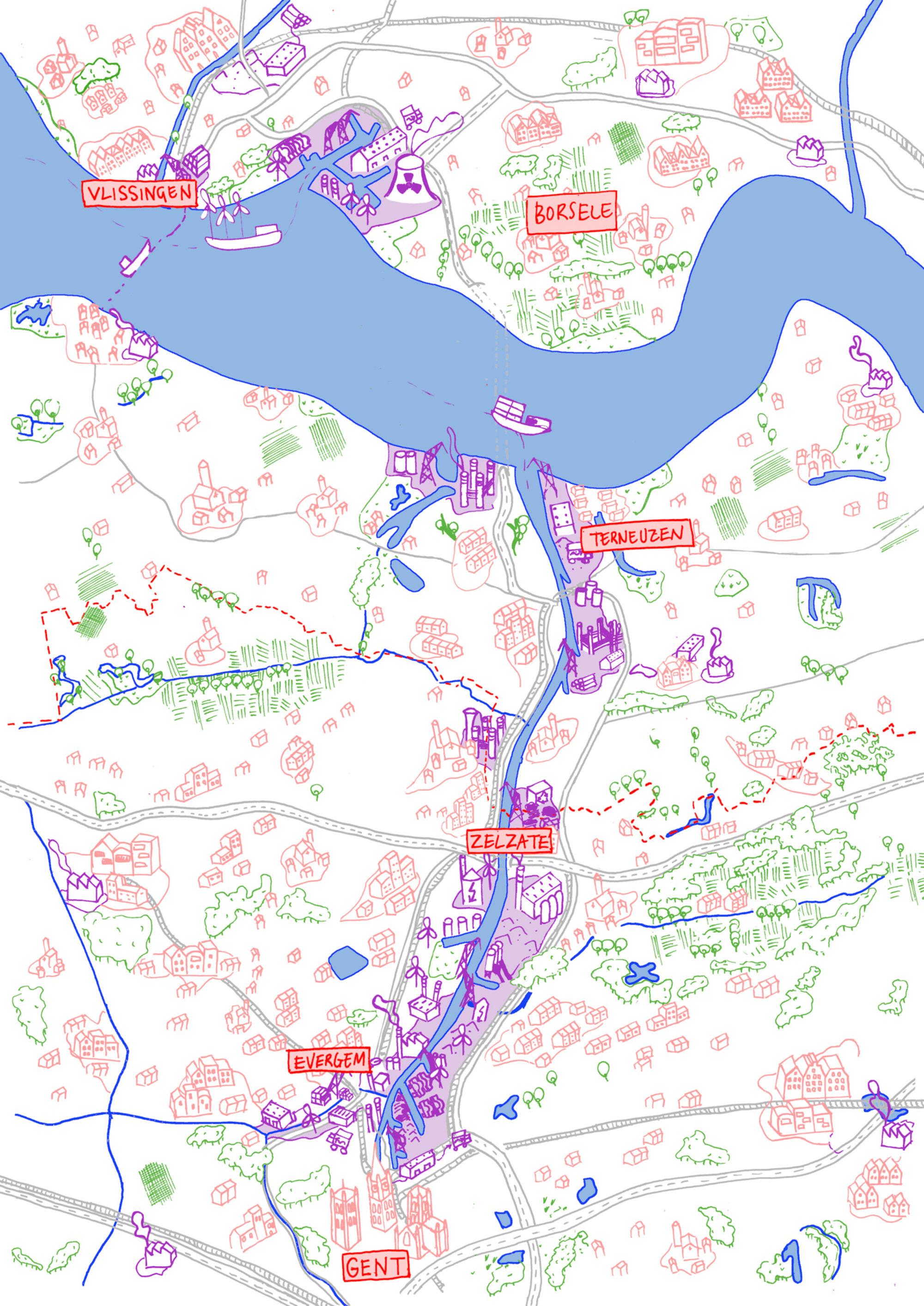
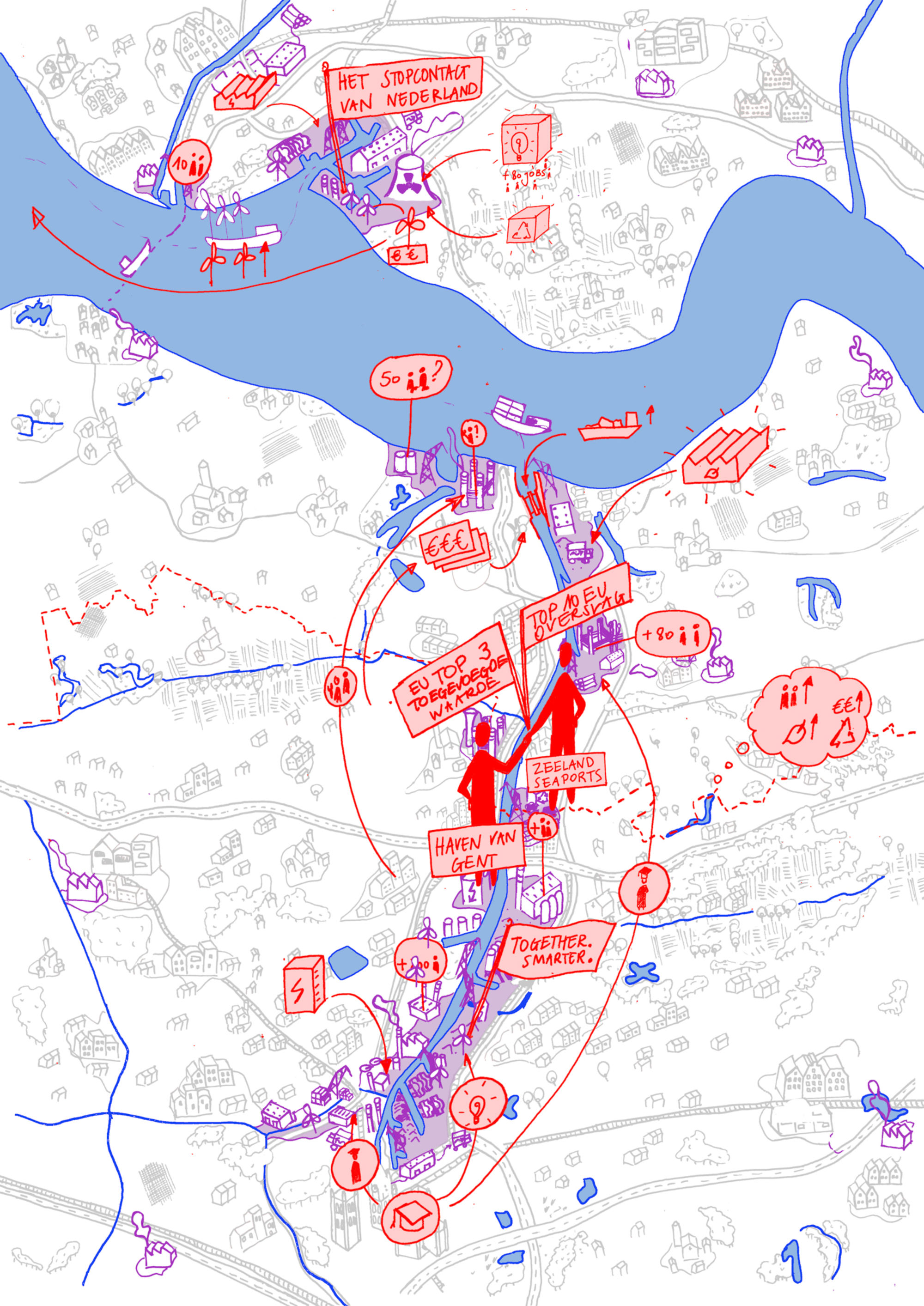
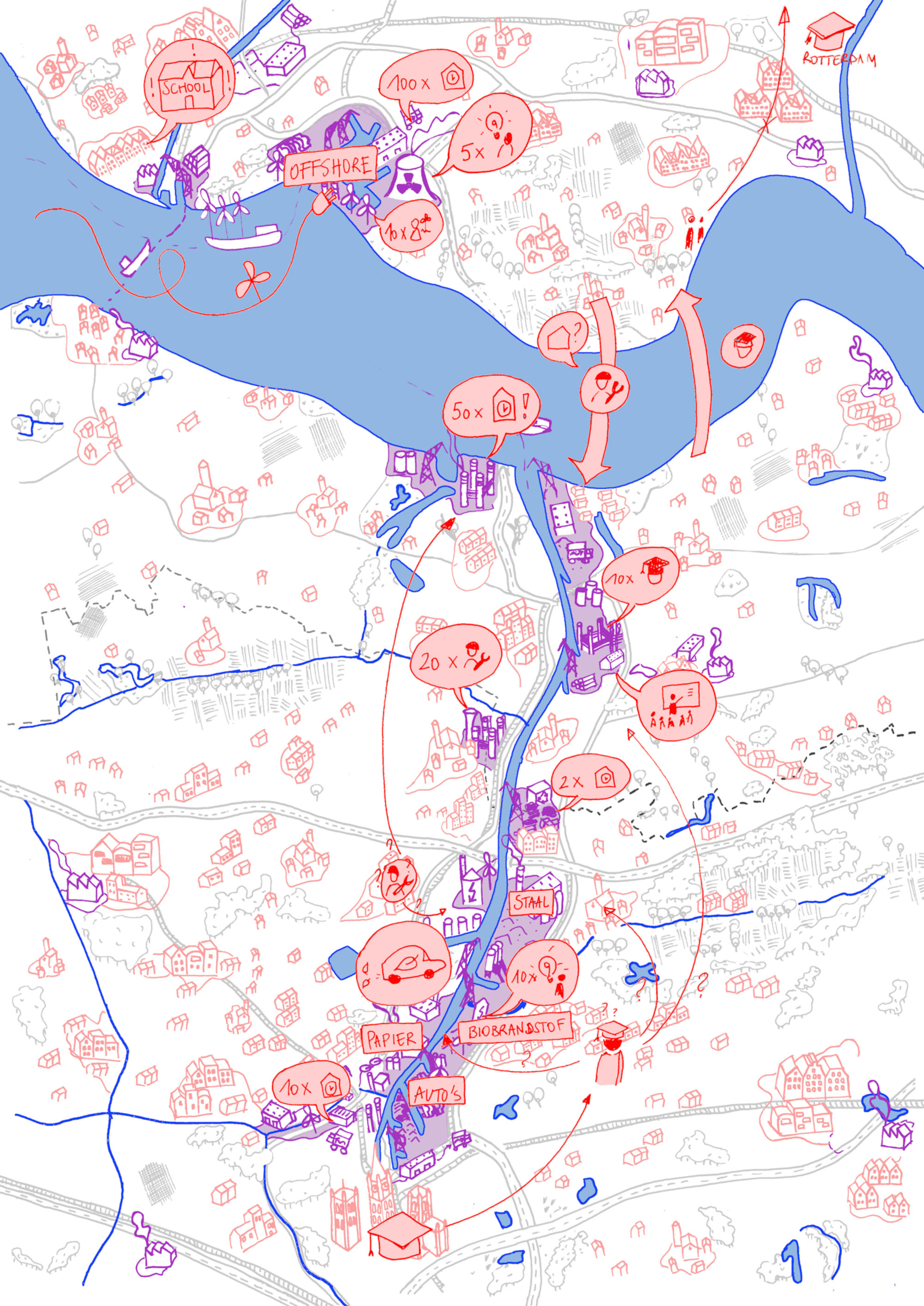
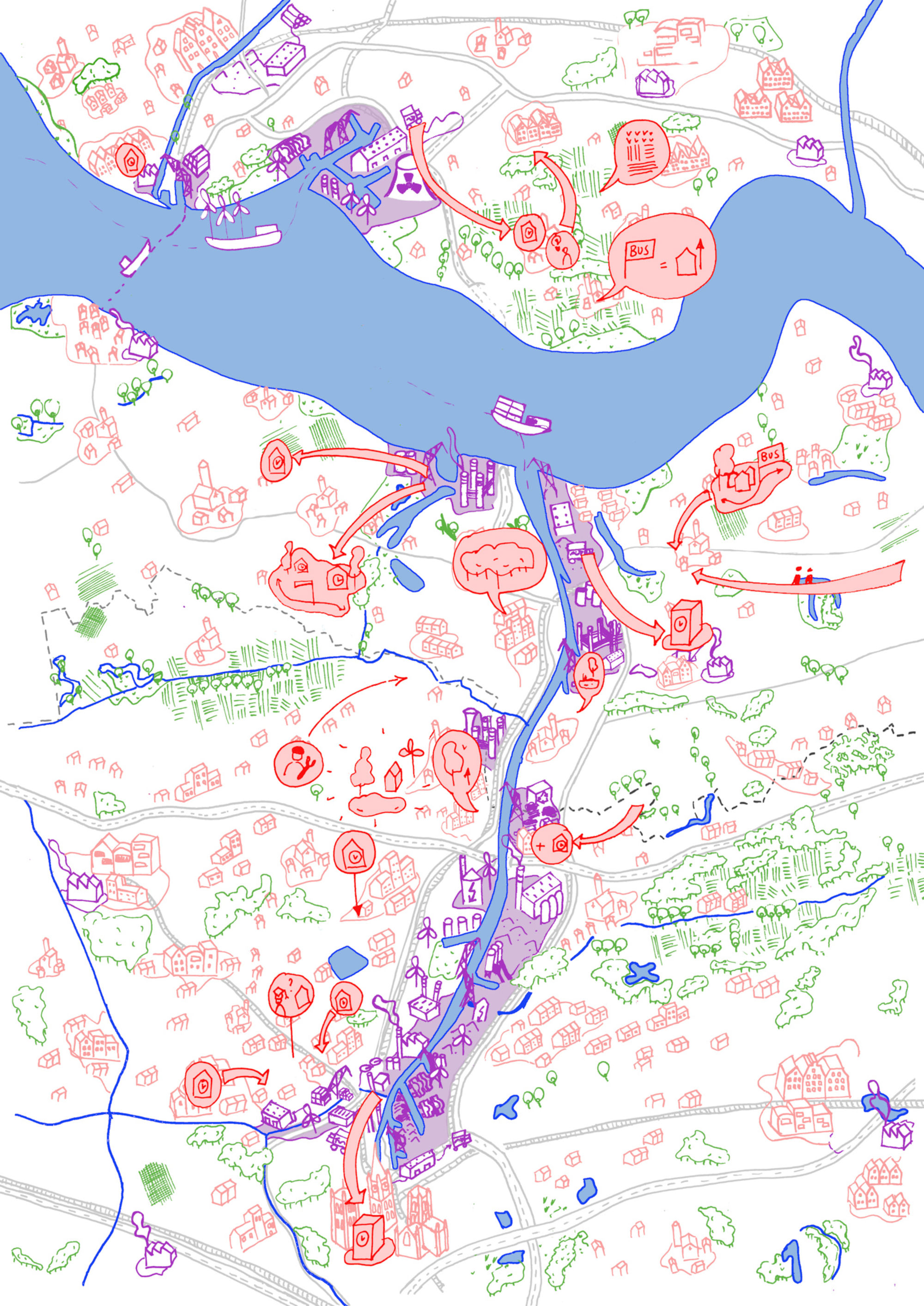
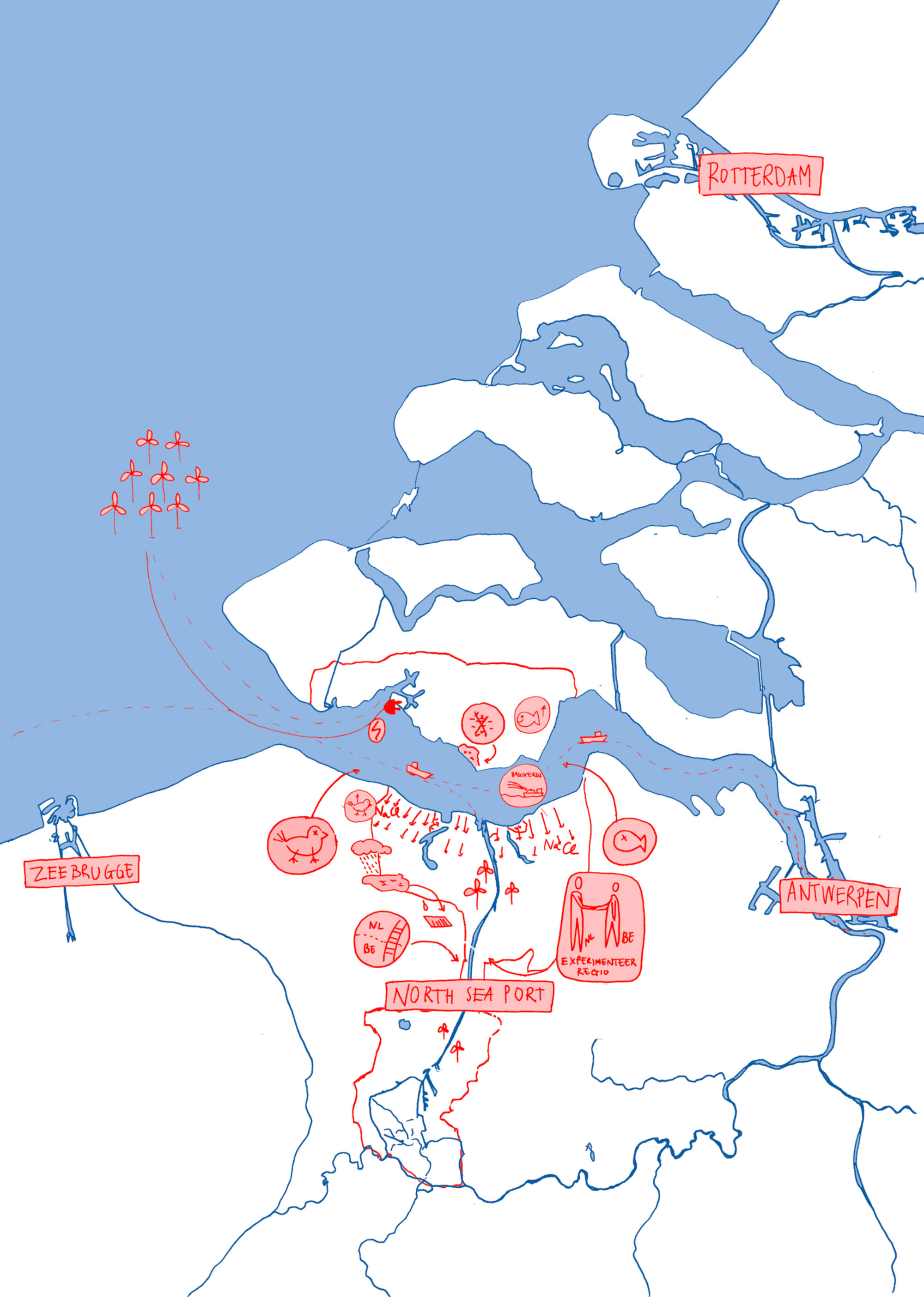
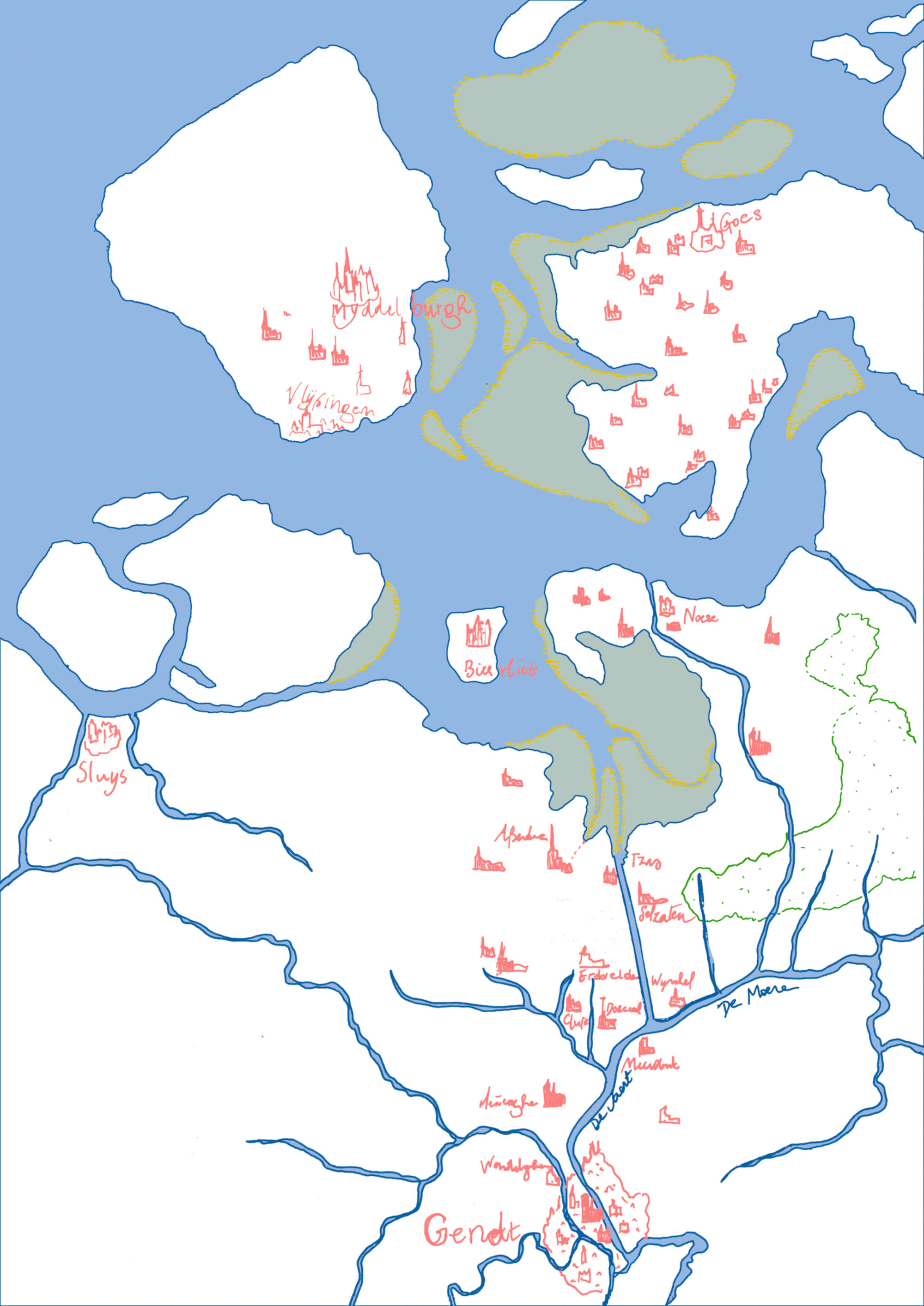
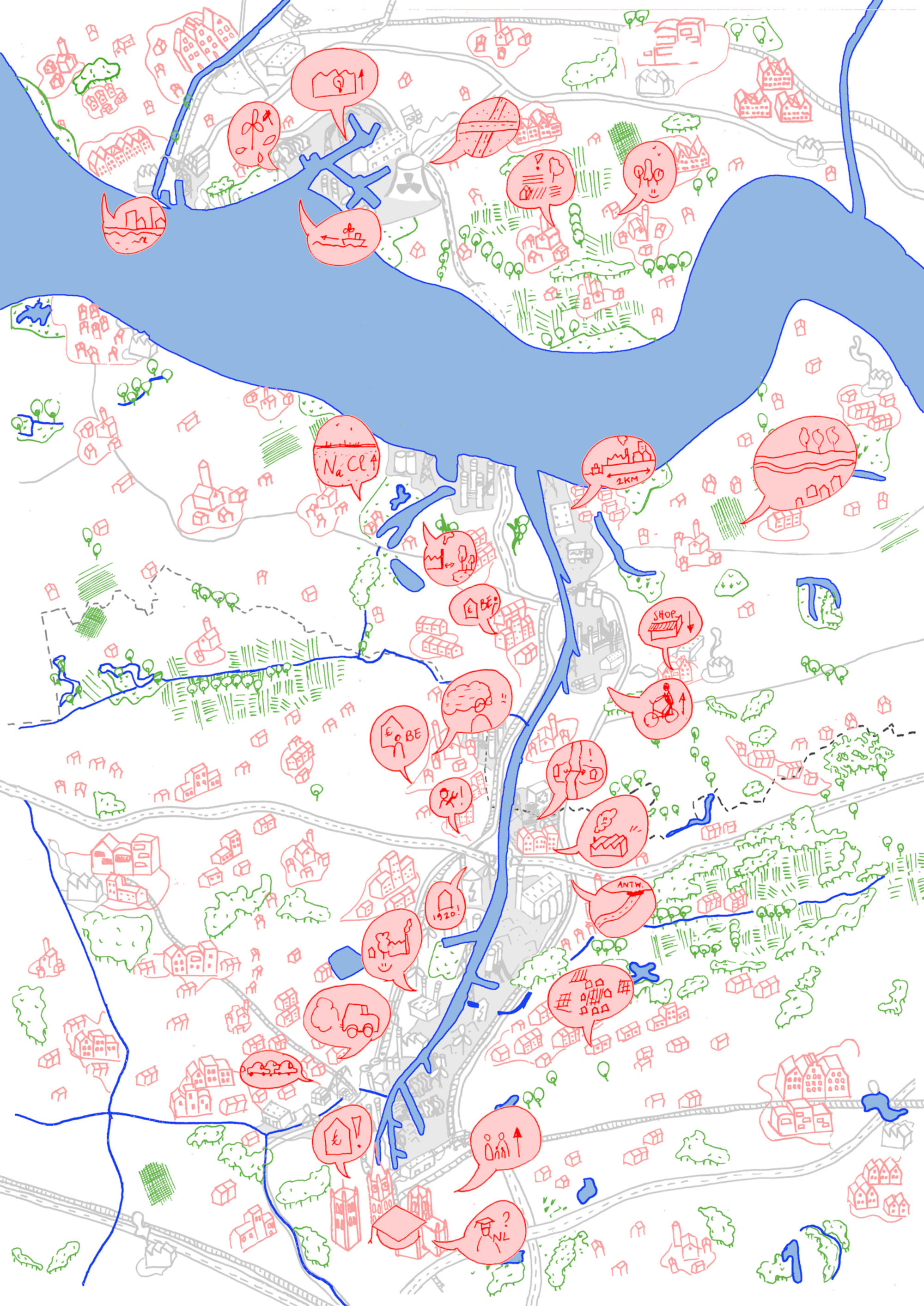
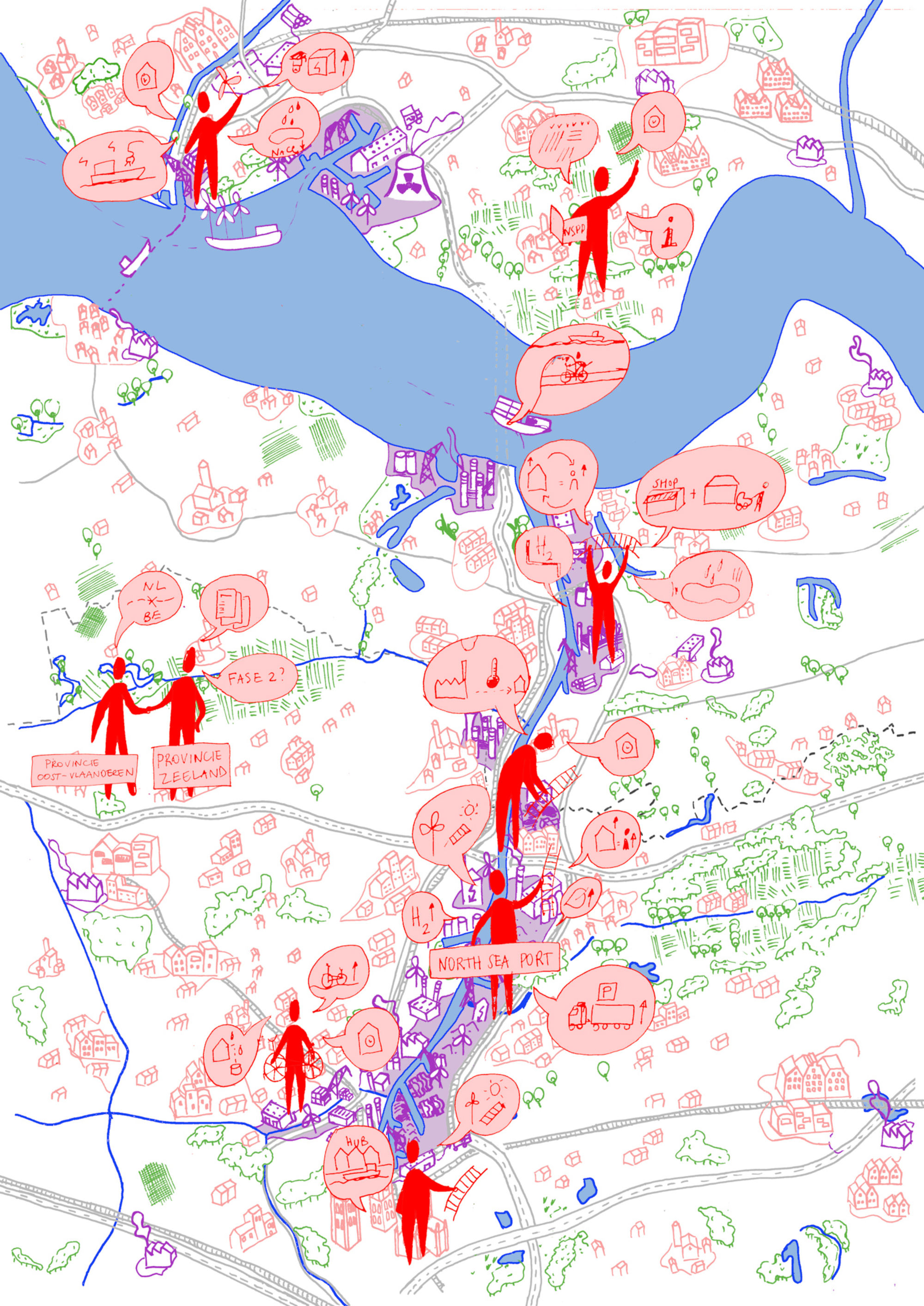
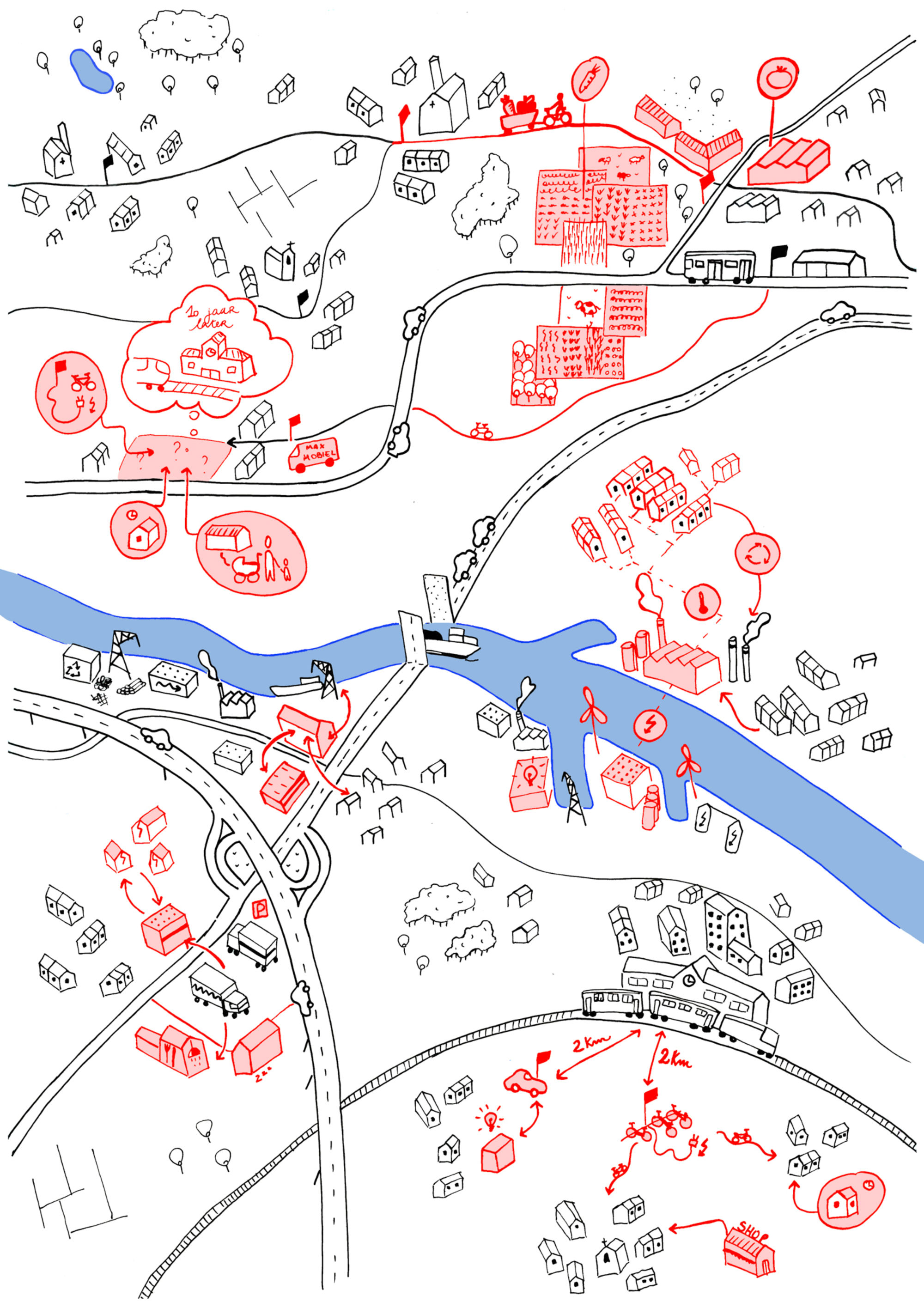
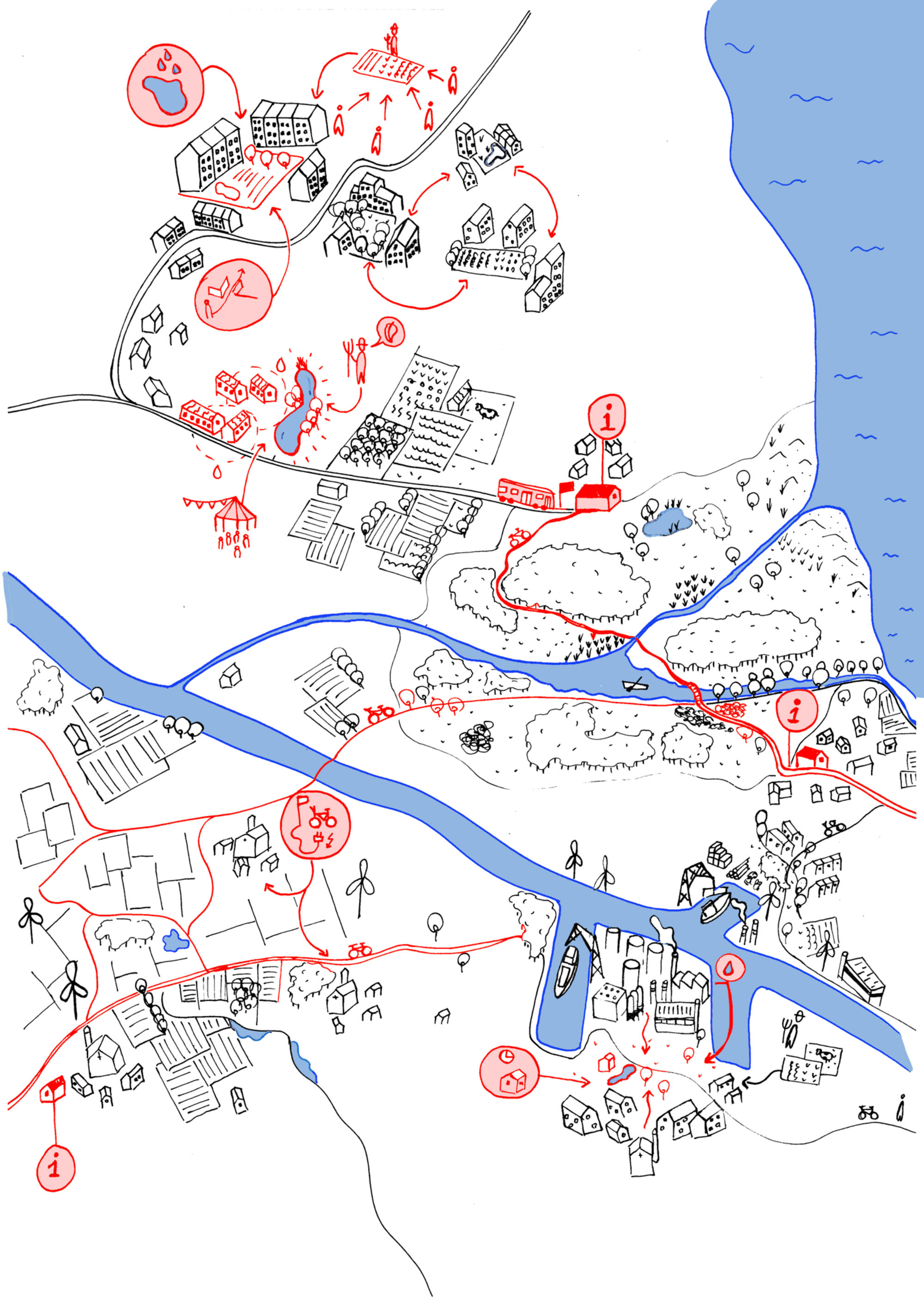
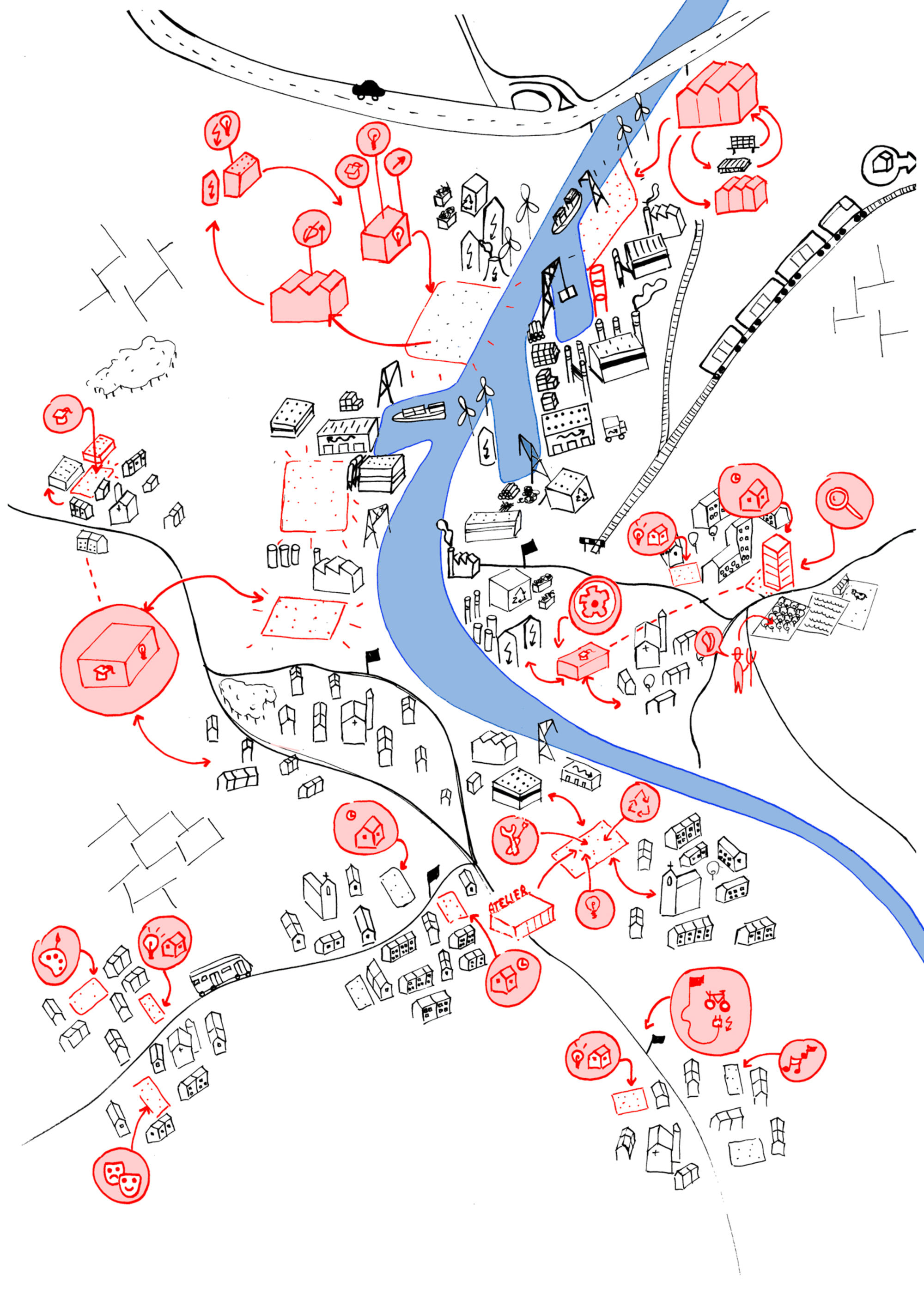
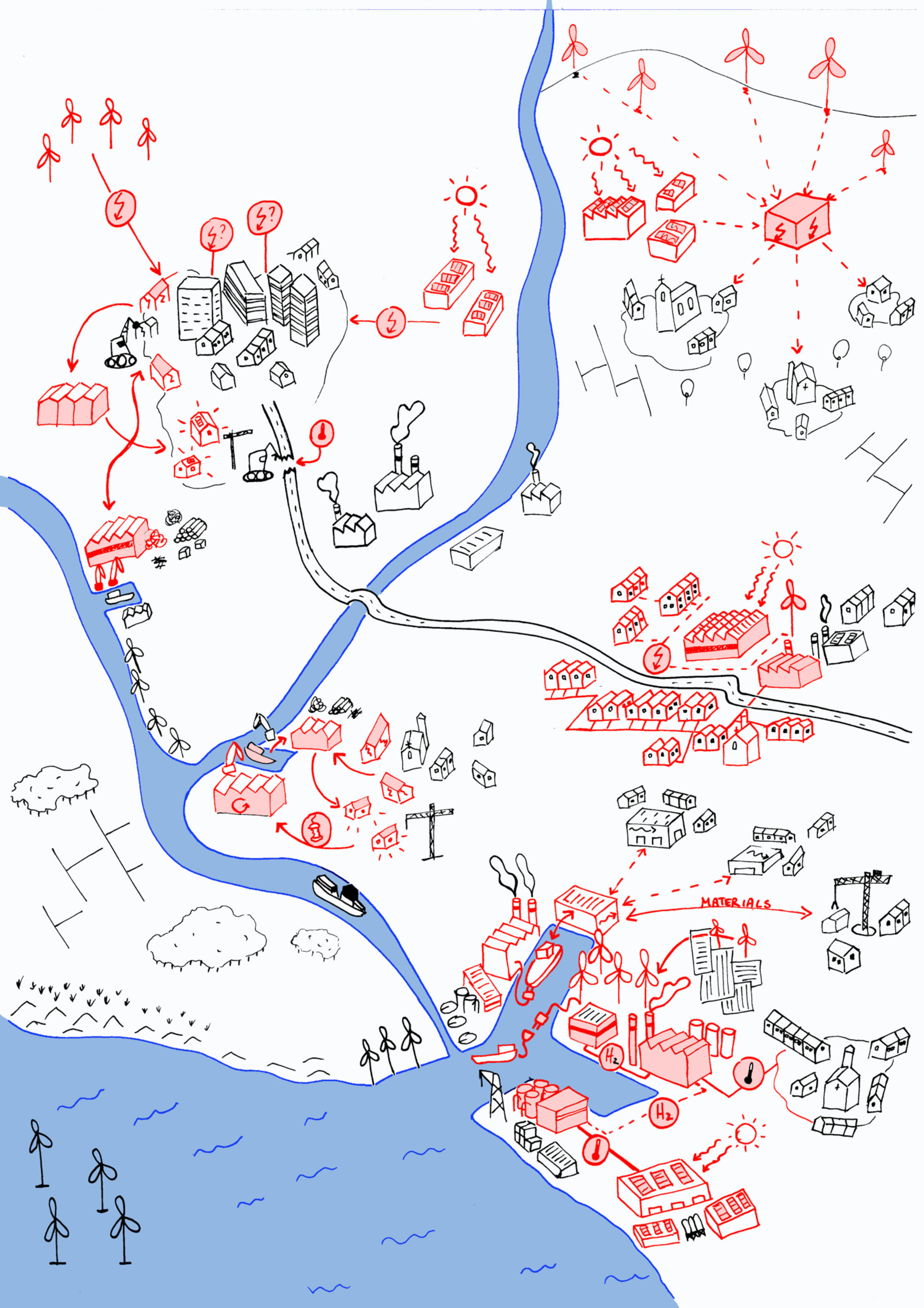
Therefore, the North Sea Port District is a cross-border, all-inclusive project in which co-development between the two countries and between the port and the environment is key. In the first phase, a draft work agenda was compiled for the region, including a summary of the municipal challenges and possibilities for collaboration. The information harvested from discussions and working sessions related to the chances, opportunities, problems, dreams and visions for this region, was translated into four lines of action. In the second phase, the draft work agenda was assessed with different stakeholders that further deepened, refined and established the agenda. This should ensure broad support, which will benefit the implementation of the projects and initiatives in the future.
The North Sea Port District is a unique area with its backbone formed by the recently merged North Sea Port, constructed by national borders and the Western Scheldt. The different town and village centres in the District have a dual relationship with the port: on the one hand its industrial and logistic activities mean it is the economic driving force of the area, and it provides the region with plenty of jobs and innovation, on the other it is also the source of considerable nuisance. In addition it is necessary to view the District as a single, cross-border geographic entity, in order to tackle common challenges such as the climate, energy, well-being, prosperity, quality of life, the circular economy, shared mobility and sustainability etc. These challenges do not generally stop at the border, and can therefore best be considered on a larger scale. Towns, villages, landscapes and business activities must be aligned more effectively and work together to validate the chances and opportunities and jointly tackle the problems. The project strives to transcend the physical and mental boundaries to grow to become a successful border region.
Working on the District is a requirement for the Port as well as the surrounding area. One important interwoven aspect of the Port and its environment can be found in the demand for specific workers needed for the diverse activities in North Sea Port. After all, the Port depends on the conditions within the District to find and house the workers and provide them with a good quality of life. The surrounding area, which is currently highly focused on logistics, commuting traffic and industry, must be transformed into an environment in which living, learning and working take place in a qualitative, connected manner. The historic connections and particularities of the different centres and landscapes play an important role herein. The North Sea Port also occupies a strategic, ecological position in the Western Scheldt, a Natura 2000 area, while the District has to cope with a number of climate issues, such as salinisation of the soil, flooding and drought. North Sea Port and its District have lots of options to respond to different transitions such as those related to renewable energy, new modes of transport, measures to combat drought, increasing biodiversity and coping with salinisation etc. By viewing the District as a single geographic entity, collective action can be taken more effectively to cope with these transitions, generating adequate support for the District to profile itself as an exemplary region, alongside other projects and platforms in the wider region of East and West Flanders and Zeeland. In short, the North Sea Port District is a region with a total vision, in which it is important that the port as well as the surrounding area, on both sides of the border, jointly take steps to tackle these pressing issues.
The draft work agenda took the first step towards concrete plans for the North Sea Port District. Sufficient knowledge about the region was gathered using a participative process involving a number of working sessions in which the ongoing initiatives and visions came to the forefront and ideas for the future were presented. Four lines of action emerged from these working sessions: (1) Accessibility and connections, (2) Appealing living landscape, (3) Housing, labour market and training courses and (4) Energy and circularity. Each line of action was introduced with a map of the existing situation. The initiatives cited during the participative process were listed and, if possible, placed on the map. Afterwards each line of action was approached in two ways: based on different work tracks (innovation and culture, regional development and experimental region) and on opportunities and problems. These two approaches came together in action points. Each action point made a statement about the different work tracks and the promising locations to work on them, which results in a potential map depicting the different action points as strategies.
The draft work agenda was elaborated in more detail in a second phase together with a process supervisor, and developed to produce a broadly supported final work agenda. In addition the first joint projects were determined that could be considered as 'quick starts'. Attention was also devoted to the particularities of the North Sea Port District and how the District must be profiled to seek opportunities at the Belgian, Dutch and European level to give it a boost. Lastly, this phase was completed with a vision for the subsequent process for the District.
